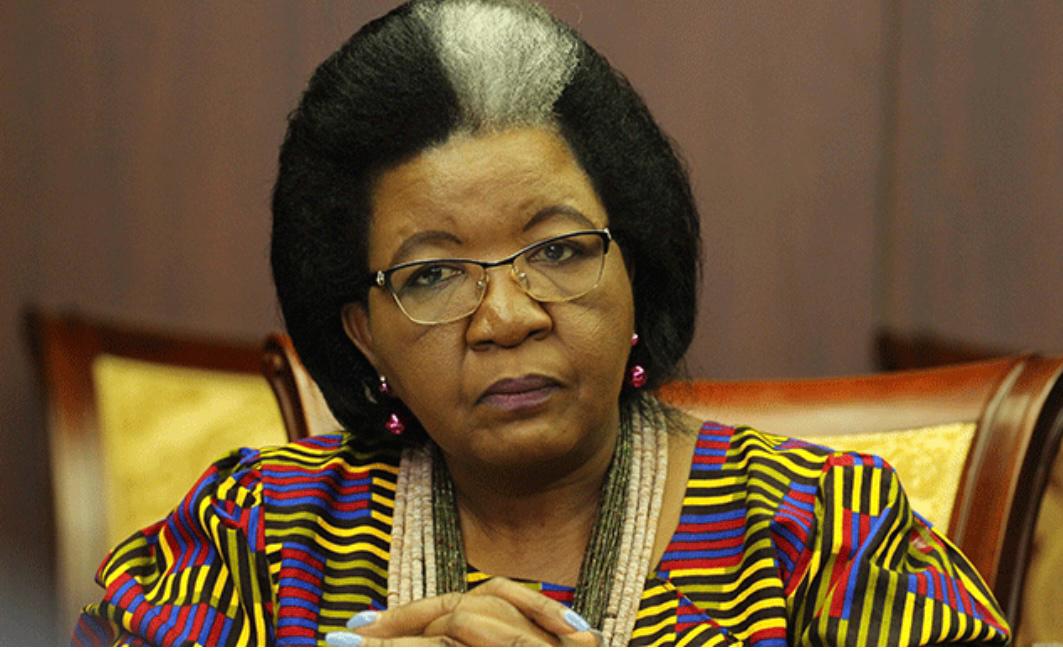WASHINGTON – The Zimbabwean government’s drive to force foreign businesses to give 51 per cent of their shareholding to locals will benefit the few black elite and must be reviewed, Finance Minister Tendai Biti said on Thursday.
The controversial so-called empowerment law is already being implemented in the mining sector, where South Africa’s Impala Platinum was forced to hand over majority shareholding in its Zimplats unit to a state fund, employees and local communities.Speaking at the Atlantic Centre, a US think tank and public policy group, Biti said while he agreed on the need for Zimbabweans to participate in the broad economy, the initiative being spearheaded by President Robert Mugabe’s Zanu-PF party would only benefit the black elite.’The transfer is for value, which is good, but in a situation where the majority are poor, you are just transferring shares from a few rich white people to a few rich black people,’ said Biti.’It wasn’t well thought. Due process not being followed, we need to go back to the drawing board and say how can we empower our people. The best way to empower our people at this present moment in time is to expand our economy to create as many sectors as possible.’The exercise is widely seen as a ploy by Zanu-PF to win votes in elections that must be held by next year with political reforms and a new constitution in place.Mugabe was forced into a power-sharing deal with long-time foe Morgan Tsvangirai, now the prime minister, after the 2008 election, which Western powers said was marred by Zanu-PF violence and intimidation.The government, which plans to have completed the empowerment programme in the mining sector by the end of this month, has given no indication how much it plans to pay for any stakes in Zimplats.Zimbabwe has the world’s second largest platinum deposits.There is also pressure on the four foreign banks to hand over 51 per cent of their shareholding, which is being vigorously opposed by both Biti and central bank governor Gideon Gono.ABSURD PROGRAMMEIllustrating what he said was the ‘absurdity’ of the empowerment programme, Biti said the four banks – which include Britain’s Barclays and Standard & Chartered – have an average market capitalization of US$60 million each.To start a bank in Zimbabwe, the minimum capital requirement is US$12,5 million, which means that anyone buying 51 per cent of any one of the banks’ shares would need to pay about US$30 million.’If you have $30 million, why not just start your own bank? The programme has not been well thought out. … How we are trying to do it is a disaster.’Zimbabwe is being crushed by a US$9,1 billion debt and needs US$14 billion for infrastructure, Biti said. Its debtors range from the African Development Bank to the World Bank, which is owed about US$1,2 billion, and the Paris Club, which is owed US$3 billion.Zimbabwe defaulted on its debt in 1999.’This is part of the things we are battling with on this trip. How do deal with the issue of the crippling sovereign debt? There is no way that we are going be able to generate these funds,’ he said.He said Zimbabwe had the potential to become a US$400 billion economy, given its vast mineral wealth. Diamond sales had been projected to bring in US$600 million this year, but ‘nothing’ was received in the first quarter.’We have a short-fall of 92 million US dollars, part of the explanation is that there were no auction sales recently,’ Biti told Reuters.’But your true question is, is there smuggling and stealing? People talk about that, I don’t have evidence of it so I am not excluding it or including it.’-Nampa-Reuters
Stay informed with The Namibian – your source for credible journalism. Get in-depth reporting and opinions for
only N$85 a month. Invest in journalism, invest in democracy –
Subscribe Now!








